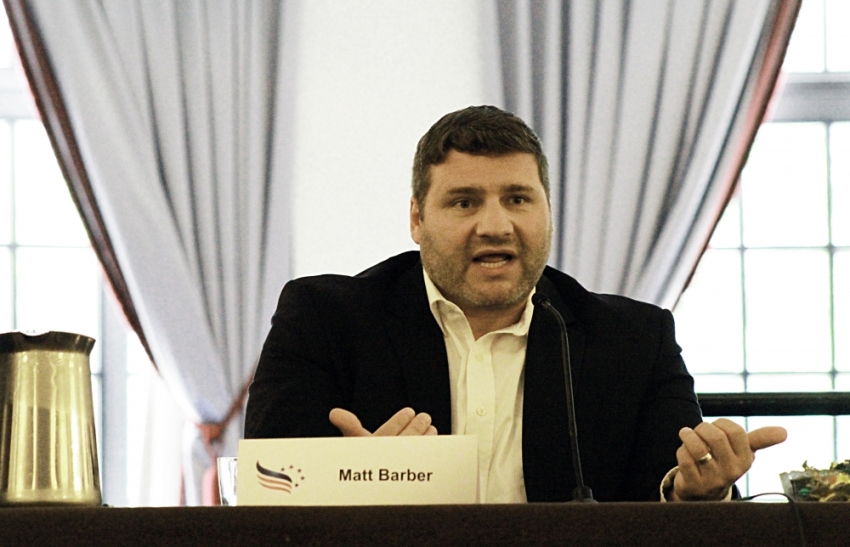Can Churches Legally Get Involved in Politics? (Video Interview)

WASHINGTON — The U.S. Constitution protects churches that speak out on political issues, Matt Barber, vice president of Liberty Counsel Action, told The Christian Post.
No churches have lost their tax exempt status in the United States due to political action, Barber pointed out in a Saturday interview. The reason, he said, is that there is no legal mechanism for the Internal Revenue Service to take away a church's tax exemption. Churches are "inherently tax exempt" or "tax immune," Barber said, just by being a church. They do not need permission from the IRS.
Barber is also an attorney specializing in constitutional law and founder of BarbWire.com. CP spoke with Barber at the Faith & Freedom Coalition's "Road to Majority" conference. Barber was on a panel called, "Render Unto Caesar: Legal Do's & Don'ts for Churches."
There is a law, the "Johnson amendment," named after President Lyndon Johnson, that forbids churches from endorsing candidates, Barber pointed out. This law was added to a bill when Johnson was a U.S. senator and was in retaliation against some churches in Texas that opposed Johnson at the time.
But even that law is "toothless," Barber believes, because it would be declared unconstitutional if challenged in court and the IRS will not enforce the law because IRS officials do not want it to be challenged in court.
Thousands of pastors, Barber noted, have disobeyed the law in acts of civil disobedience, known as Pulpit Freedom Sunday. They want the IRS to take punitive action so that they can challenge the law in courts. (Under U.S. law, a court can only rule on the constitutionality of a law if there is a case before it.) The next Pulpit Freedom Sunday is Oct. 5, 2014.
Barber also spoke about legal actions that might be taken against churches and other religious groups that do not support redefining marriage to include same-sex couples.
Religious groups that are not churches are susceptible to pro-gay marriage groups using legal actions against them, he said. Christian colleges and universities, for instance, often have students who get funding, either through grants or loans, from the federal government. The federal government could use that to punish the colleges that hold a traditional view of marriage, Barber explained.
Given this potential for punitive actions against Christians, Barber advises churches to "follow the lead of Christ, to speak truth in love fearlessly, to be undaunted by the threat of government intervention or punitive action by the government, because that is what we're commanded to do as Christians."



























